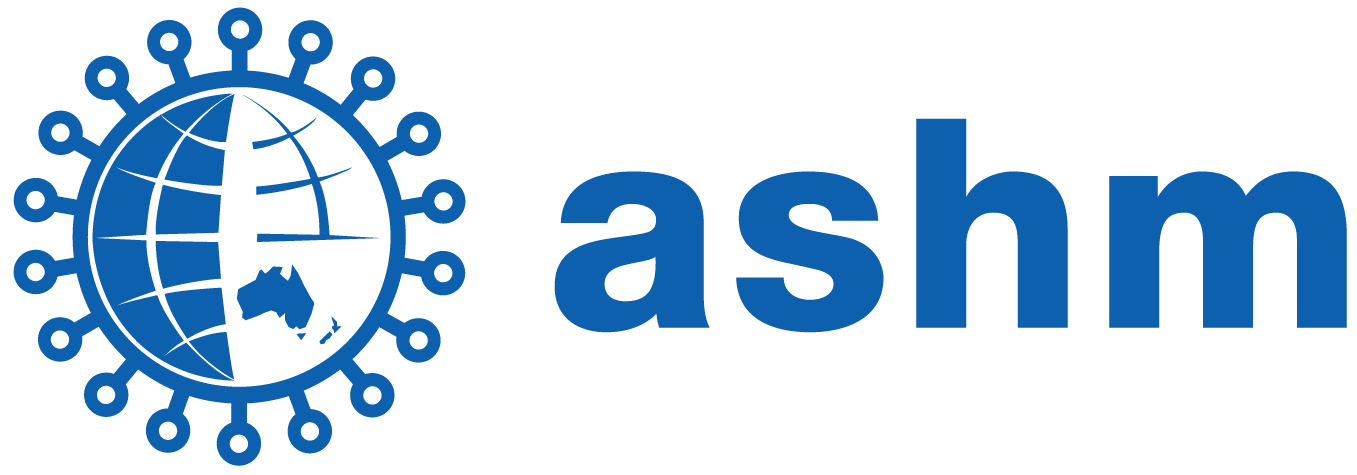ASHM International is committed to the principles of gender equality and uses gender mainstreaming across all our work to improve the lives of women, girls, men, boys, transgender and non-binary people.
ASHM International’s Commitment to Gender Inclusion and Equality
ASHM International recognises that gender is a determinant of health and gender inequality causes inequities in access to health care and experiences in health care settings resulting in poor health outcomes especially for women, girls, non-binary and transgender people.
ASHM International is committed to the principles of gender equality and uses gender mainstreaming across all our work to improve the lives of women, girls, men, boys, transexual and non-binary people. We recognise that gender is not binary, and acknowledge all sexual orientations, gender identities and gender expressions. We understand the interrelationship between gender, vulnerability, and infectious diseases and apply a gender transformative approach across our sexual and reproductive health (SRH) and HIV programs to better understand how biological and social differences can increase an individual’s vulnerability and risks. This approach considers gender norms, roles and relations that create inequalities that affect an individual’s health outcomes.
Gender Mainstreaming in ASHM International’s Long-Term Programs
Gender inclusion, empowerment and equality is at the forefront of our programs and work throughout Asia and the Pacific. Our five long term programs encompass clinical training and mentoring, policy and guideline development, linkages and knowledge exchange, and monitoring, evaluation, research and learning. We are partners in response, strengthening systems and expertise to create sustainable delivery in quality management of HIV, viral hepatitis and sexual and reproductive health.
‘ASHM International projects have been designed and developed to strengthen health services for all – including women, girls, transgender and non-binary populations’. – Michelle O’Connor, International Division Manager
Highlights of Our Gender Mainstreaming Work
- In October 2022, ASHM will facilitate the 1st Asia and Pacific Regional Transgender Masterclass and Symposium in Bangkok, a platform for knowledge exchange and sharing of best practice in trans competent care. The master class will arm health workers with the hard and soft skills required to provide high-quality transgender health services.
- In Timor-Leste, ASHM developed a HIV Case Management Handbook to be used by partners and the Ministry of Health with gender mainstreaming in mind. The Handbook includes an analysis of the way gendered power dynamics can contribute to HIV transmission, information on HIV in pregnancy, and advice regarding partner transmission of HIV for healthcare and peer support workers providing HIV counselling.
- In June 2022, ASHM will launch a project on triple elimination of HIV, hepatitis B and syphilis for pregnant women, their partners and their children in Papua New Guinea and Timor-Leste through antenatal care (ANC) clinics throughout each country.
- Catholic Church Health Services (CCHS) in Papua New Guinea implements ASHM led gender transformative approaches in their training to ensure the health work force mainstreams gender into their everyday work.
- ASHM International is a member of the International Sexual and Reproductive Health Rights consortium which lobbies government to include gender frameworks in their policies and strategies including advocating for health access for women.
- ASHM facilitates gender focused webinars for clinicians and the broader workforce including the impact of COVID-19 on the transgender population and sex workers in the Pacific.
- ASHM International recently conducted a comprehensive landscape review on STIs in the Western Pacific Region. The objective was to understand the magnitude of STIs in the region to further develop targeted solutions that address STIs as a public health concern. The review is written through a gender transformative approach and uses gender disaggregated data where possible.
- ASHM participated in a joint study with UNDP, UNICEF and the University of New South Wales entitled the Pacific Multi-Country Mapping and Behavioural Study: HIV and STI Risk Vulnerability among Key Populations. Through surveys and in-depth interviews aimed to assess and examine the behavioural risk factors and social and structural determinants of HIV risk that drive the epidemic among vulnerable groups, such as men who have sex with men (MSM), transgender people, female sex workers and seafarers.
- ASHM works with in-country civil society partners such as Friends of Frangipani and Igat Hope in PNG and Associação Communidade Progresso, CODIVA and Estrela Plus in Timor-Leste and the Pacific Sexual and Gender Diversity Network in the Pacific to ensure our that gender equality and diversity is incorporated into all training and program activities.

